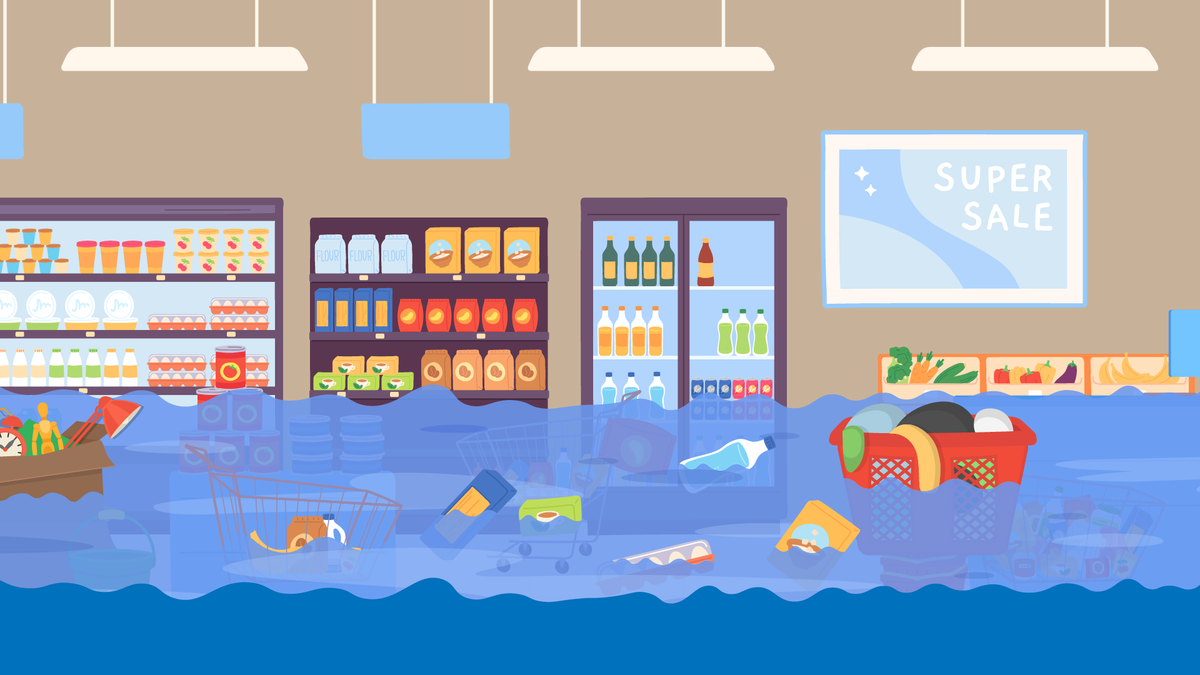
What is an Insurance Exclusion?
·
5 minute read
When you get an insurance policy, you know it won’t cover everything. But do you know exactly what is missing from your coverage? If not, you could be left financially unprepared when something goes wrong.
Insurance policies can be complex legal documents and you need an experienced professional to read through the details and explain their contents. Sometimes you may read that something is covered and feel certain that you are safe in case of emergency, but overlook the exclusion—or the gap—that limits that coverage.

Worried About Insurance Exclusions?
Our policies come with an insurance expert to help you understand your coverage.
How Exclusions Are Set Up
An insurance policy will typically begin by listing all of the things it covers in an overarching statement called the “insuring agreement.” However, you can’t stop there. After the list of coverages, the policy will typically have a list of exclusions, and this will limit the coverages it just mentioned.
For example, if you purchase a commercial property policy, it may say any direct physical damage to the property is covered. This leads you to believe that the policy will protect your building no matter what causes the damage. However, after that statement, the policy will provide a list of exclusions. These exclusions limit that very broad sentence and provide instances where your policy will not cover the damage. One common exclusion is the policy will not cover damage that you cause to the building yourself (e.g. arson). Something else to look out for—especially if your property is located in an area that is prone to natural hazards—is a flood exclusion, meaning that your policy covers any physical damage unless it is caused by a flood.

A policy can have a multitude of exclusions, which can leave you without coverage when you expect to have it. Some exclusions may have no effect on you. For example, if you are running a law firm and your policy has a hazardous waste exclusion that prevents coverage in the event of misusing nuclear waste or other listed hazardous materials, you wouldn’t be concerned about that loss of coverage. On the other hand, you may be running a medical clinic that handles x-rays, cat scans, and MRIs. This hazardous waste exclusion would deeply impact the efficacy of your insurance policy.
Is there any way to get insurance for excluded coverages?
Yes! There are two ways to do this, depending on what type of coverage you are looking for. The first way is simple: You take out an additional policy for the excluded scenario. This is a separate insurance policy specifically designed to provide the type of coverage you need. For example, general liability insurance policies usually exclude liability arising from cyber attacks and data breaches. If you want this coverage, you can purchase a cyber liability insurance policy.

The second way is a bit more complicated. It is called an endorsement. This is an add-on to your pre-existing policy that will counteract the exclusion and return coverage. For example, if you purchase a commercial property policy with a flood exclusion that you want to counteract, you can sometimes add a flood endorsement and regain coverage for flood damage to your property. This is added to the end of your policy and either counteracts or expands the exclusion to provide coverage.
Why don’t policies just say what they cover?
Insurance policies can be really confusing. So why don’t they just explicitly tell you what they will cover? The answer ultimately lies in legal precedent. Laws are written as broad concepts with a bunch of exclusions or limiting factors underneath. Therefore any issue that could be litigated, such as a contract, will typically follow that same format. Insurance policies are no different.
Using this method of writing a broad statement and then using exclusions to limit that statement works in favor of the policy holder as well. This puts the burden of proof on the insurance company to deny a claim, whereas if they listed everything that was covered, it would be your burden to prove that it is a covered claim. This is much better for you as the customer.
It can also be hard for insurance companies to anticipate all needs or issues that may arise. A broad policy with specific exclusions helps protect you and your business from extreme behavior, while still providing coverage for certain common circumstances.
The Bottom Line
Insurance exclusions limit the type or amount of coverage you receive through your insurance policy. These policies can be very confusing and difficult to read, so we recommend hiring an insurance professional with experience to help explain what the policy does and doesn’t cover to ensure your business is protected.
About The Author: Austin Landes, CIC
Austin is an experienced Commercial Risk Advisor specializing in and leading LandesBlosch's design professional, real estate, and construction teams.


